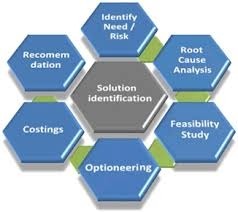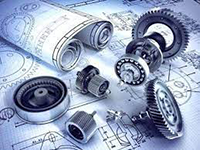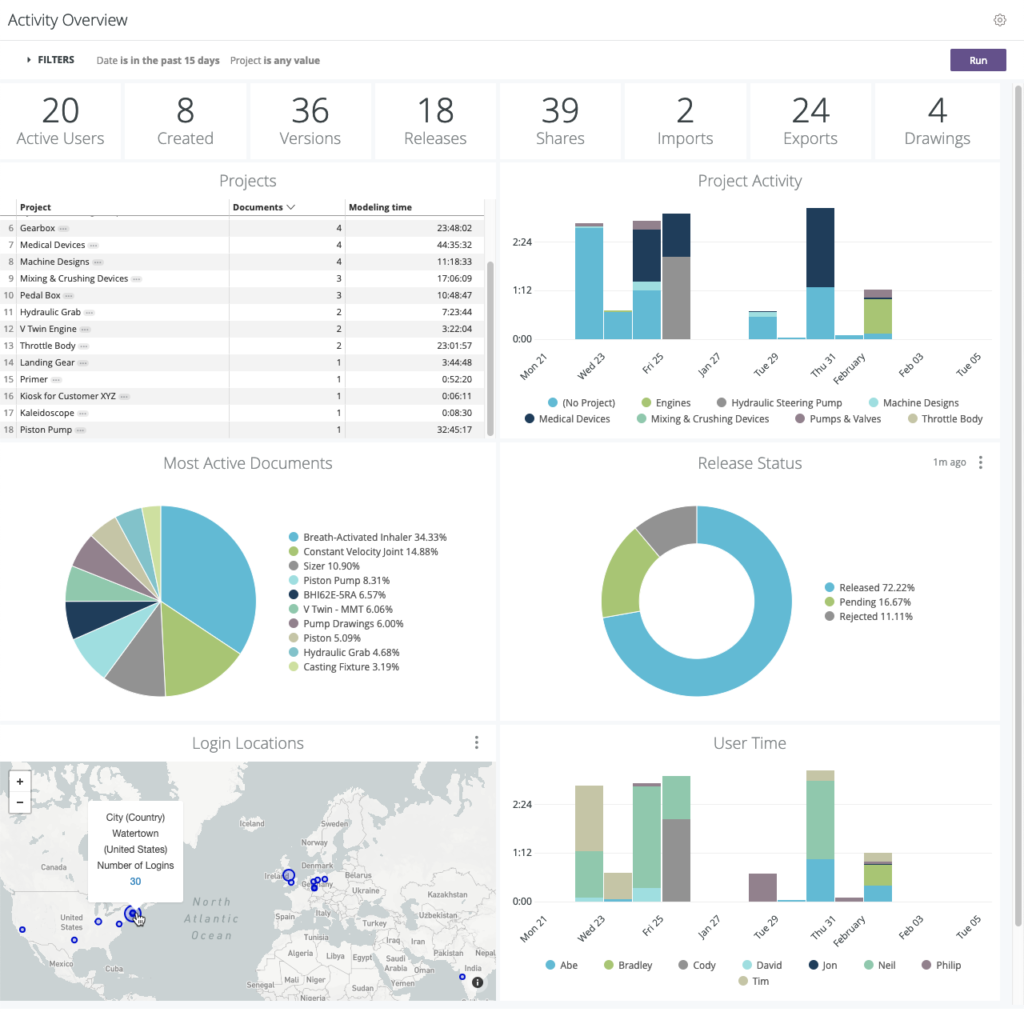Home / Health and Medical – Divisions / EPC / Engineering
Whenever there is a new plant or a major refurbishment, this is a strategic activity to define the investment technically, economically and from temporal point of view. It is divided in several steps:

In this step are defined the User Requirement for the plant, the Guidelines and General Assumptions (i.e. market, increase of production, new products type), Other Requirements (i.e. offices, greenery, prayer room, auditorium).

This step aim is to develop a static simulation of Production Capacity (actual and future) to size equipment, ancillaries areas (i.e. gowning room, washing area), warehouse, etc. Also the Draft Production Schedule and Personnel Quantity are issued.

Afterwards are developed some Macro Lay-out Solutions accordingly the production capacity. This might be developed as “Bubble Lay-Out” identifying for each solution Pros & Cons to choose the best solution. Then it is produced the Utilities Capacity Study.

The design will be developed and the final result will be a detailed description of the plant, with the purpose to provide technical, economical and timeline information, and also a robust bases for the next phases of the project (Basic and Detailed).

This activity has the aim to identify a Criticality Factor (CF), using criteria such as Good Manufacturing Impact, and Equipment Complexity, regarding which equipment shall be more reliable at best pricing and, therefore, focus the investment.

An optional activity is the tridimensional design in order to show the spatial distribution of the building and its future appearance.

Furthermore photorealistic render, including all selected materials, might be supplied to management for site overview
These activities define better the plant, always form a technical, economical and temporal point of view. More structured are the plant construction subcontractors, less design development is needed.

We coordinate all branches, to assure a proper quality of design, to meet milestones and to guarantee proper communication and control of changes or modification during the design development.

We produce all the drawings, specifications, information, and equipment/systems URS needed to subcontract or to order accordingly Working Break Down Structure (WBS) defined for the plant realization. Designs are related to all engineering branches; some of them might be executed by Local Engineering Company.

Then a Cost Estimate (± 5÷10% accuracy) is provided. If TIC (Total Installed Cost) overrun the budget a Value Engineering activity can be executed to optimize costs without affecting the final plant quality.

It includes procurement, construction, commissioning, and validation. During those phases a level 3, or Project Control Level Schedule is developed, integrating EPC MV activities for the entire project scope of work based on a Critical Path Method (CPM) using a network scheduling technology with detailed input of all major milestones.

Along all the engineering development, Project Manager issues Reports, indicating the work progress, delays, recovery action to reduce delay, budget overrunning, etc.

We run an interactive planning, a structured approach to review engineering development in order to ensure the constant interaction with our clients.
* Fields required
